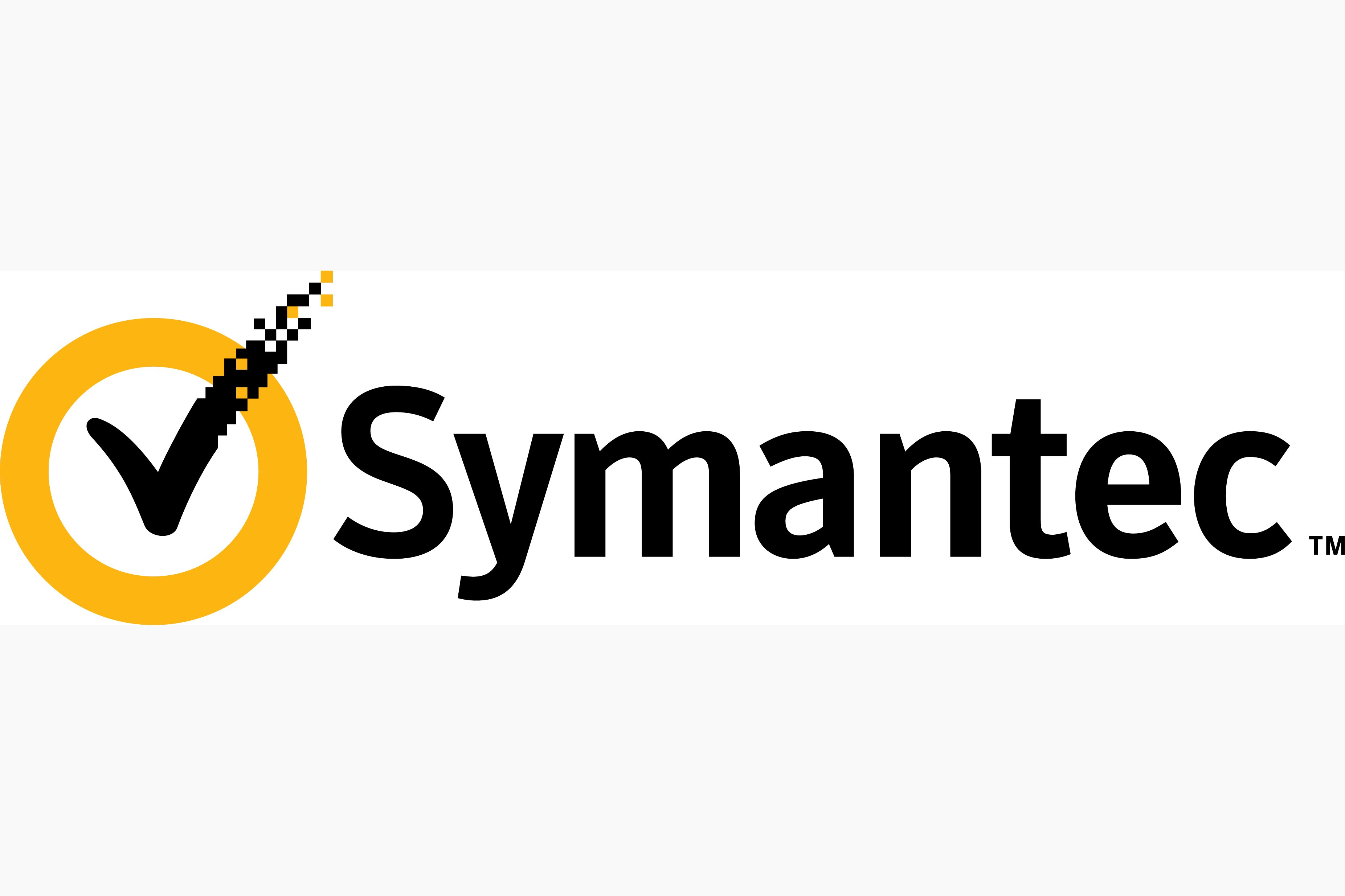Malware sites triple as spam recovers
Last month saw a big jump in the number of infected websites, while Google notes a strong growth in spam.

Cybercriminals upped their efforts in March, as Symantec reported that the number of malicious websites it had to block for hosting malware tripled.
The latest MessageLabs Intelligence Report said that this meant 3,000 potentially harmful websites were being blocked daily.
The percentage of email borne malware that contained links to malicious sites also increased to its highest level since last June.
With an increase of nearly 200 per cent, Symantec said the big rise in malicious websites revolved around a resurgence in using images containing injected scripts such as JavaScript or VBScript, attempting to exploit flaws in older browsers.
It said that many of websites that hosted the images included free image hosting websites, and could potentially extend to social network and file-sharing sites.
Malicious links sent through email and hosted on compromised sites was a growing risk to businesses, as attacks were designed to steal personal data simply when a user visited infected sites.
"Having focused on email tactics for the latter half of 2008 and 2009, the cybercriminals are varying their strategies, and turning towards web-related tactics, so not to become too predictable," said Paul Wood, MessageLabs senior analyst.
Sign up today and you will receive a free copy of our Future Focus 2025 report - the leading guidance on AI, cybersecurity and other IT challenges as per 700+ senior executives
That was not to say that email spam was becoming less of a problem.
According to a post from the Google Enterprise security team, the second half of March saw the seven-day average spam volume the same as it saw prior to the blocking of the McColo server.
Google said that spammers had rallied following the takedown of McColo, and that the overall spam growth during the first quarter was the strongest it has seen since early 2008.
-
 Hackers are using LLMs to generate malicious JavaScript in real time
Hackers are using LLMs to generate malicious JavaScript in real timeNews Defenders advised to use runtime behavioral analysis to detect and block malicious activity at the point of execution, directly within the browser
-
 Developers in India are "catching up fast" on AI-generated coding
Developers in India are "catching up fast" on AI-generated codingNews Developers in the United States are leading the world in AI coding practices, at least for now
-
 Power stations under attack from long-running hacking campaign
Power stations under attack from long-running hacking campaignNews Dragonfly threat group is ramping up activities, say researchers
-
 Symantec profits surge as firms prop up their cyber defences
Symantec profits surge as firms prop up their cyber defencesNews The company also announced plans to sell its web certificate business
-
 Symantec to pay $4.65 billion to acquire Blue Coat
Symantec to pay $4.65 billion to acquire Blue CoatNews Greg Clark to become Symantec CEO, promising new cloud security
-
 Symantec ditches reseller guilty of scamming PC users
Symantec ditches reseller guilty of scamming PC usersNews Silurian told people they had malware, then sold them Norton Antivirus for $249
-
 NATO builds up cyber alliance with Symantec tie-in
NATO builds up cyber alliance with Symantec tie-inNews Military industrial link up to fight cyber attacks
-
 Junk emails fall to their lowest rate in 12 years
Junk emails fall to their lowest rate in 12 yearsNews Spam is dropping, says Symantec, but other malware threats are on the rise
-
 Kaspersky: "We have never been asked to whitelist malware"
Kaspersky: "We have never been asked to whitelist malware"News A company blog has revealed neither government nor any other entity has asked it to stop detecting malware
-
 Symantec confirms split into separate security & storage entities
Symantec confirms split into separate security & storage entitiesNews Storage and security will be separated as Symantec tries to boost sales in both